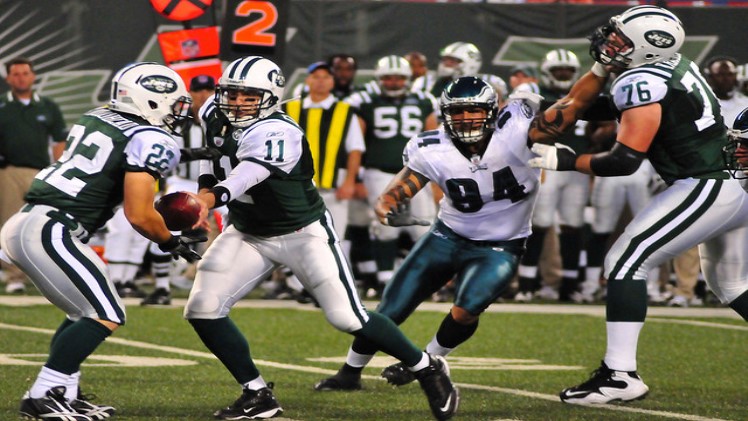The text as a whole urges that mistaken conceptions both of the nature of rules and of philosophical investigation – with its associated determinacy – preclude a realistic understanding of sport: indeed, that such misconceptions dog the literature on sport. These ideas were explored in Part I. Further, both the decision-process of judges, umpires and referees and the overall value (to human kind, but intrinsically) of sport make sense once the moral imperative implicit in how sporting activities relate to the rules of those activities is recognized.
This was considered in Part II. Moreover, there is an explanation – also drawing on that moral imperative – of how an intrinsic value for sport might be characterized. Part III deployed a variety of considerations in this area. Enough has been done if this account of the value of sport is arguable – most alternative accounts are already refuted by arguments rehearsed earlier.
Watch movie online from south freak
One danger of almost all theoretical writing – especially in a text like this – is of critics taking forward (at best) simplified versions of the key ideas. For example, Freud1 foresaw this outcome for his own work, where: qualifications and exact particularisation are of little use with the general public; there is very little room in the memory of the multitude; it retains only the bare gist of any thesis and fabricates an extreme version which is easy to remember.
Freud’s point is that something inexact is taken from his theoreticallyprecise accounts of human beings, with that inexactness following from how his works are presented to a general audience. Applied here, I imagine that misunderstandings will focus on the strategies of this text, and therefore on its achievements. It will be presented as having a number of precise (or fairly precise) theses, then shown to be not exceptionless. This is already a misreading, in two ways.
Get latest movies and web series from south freak

